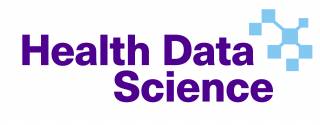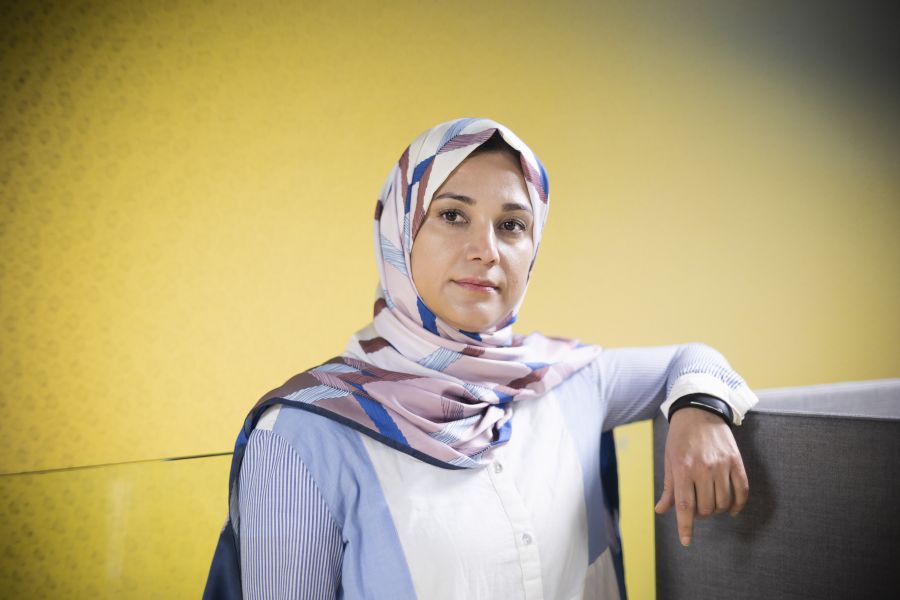“I am a data scientist working as a postdoctoral researcher in the Computational Biology Research Group, in Tampere University. I received my Ph.D. degree in machine learning from Tampere University of Technology, in June 2017. My doctoral study was involved with the development of novel machine learning based computational applications for investigating brain disorders using neuroimaging data. In September 2016, almost at the end of my doctoral study, I joined the Computational Biology research group and started my work as a postdoctoral researcher there for the development of computational approaches for analyzing various biological data.
My work is mainly concerned with the development of computational approaches in the biological research area based on machine learning methods. Machine learning and statistical pattern recognition approaches are becoming increasingly important in the biological research field for the investigation of various disorders. These techniques give us a powerful tool for analyzing large, complex, and heterogeneous datasets and thus make it possible to utilize the huge amounts of different data types that have recently been made available for studying disorders. The aim is to utilize such approaches for better understanding the diseases as well as for finding improved biomarkers for predicting and detecting the diseases.
As a health data scientist, I am starting a new project entitled “Data-driven integrative modeling of multi-modal data in gliomas”. The purpose is to develop new computational modeling approaches for joint analysis of multi-modal data, including genomics, neuroimaging, and clinical data in gliomas. Integrative analysis of multi-source data provides a great opportunity to understand the disease process from multiple angles and make improved data-driven diagnostic models. However, the process of discovering patterns within large-scale and heterogeneous data types needs considerable effort to design well-defined analytical tools. The proposed project expects to make a more in depth exploration of cancerous mechanisms in gliomas and provides improved data-driven diagnostic/prognostic models for supporting the delivery of personalized health care. “
Elaheh Moradi, Post doctoral researcher
Faculty of Medicine and Health Technology, Prof. Matti Nykter’s group
Tampere University


